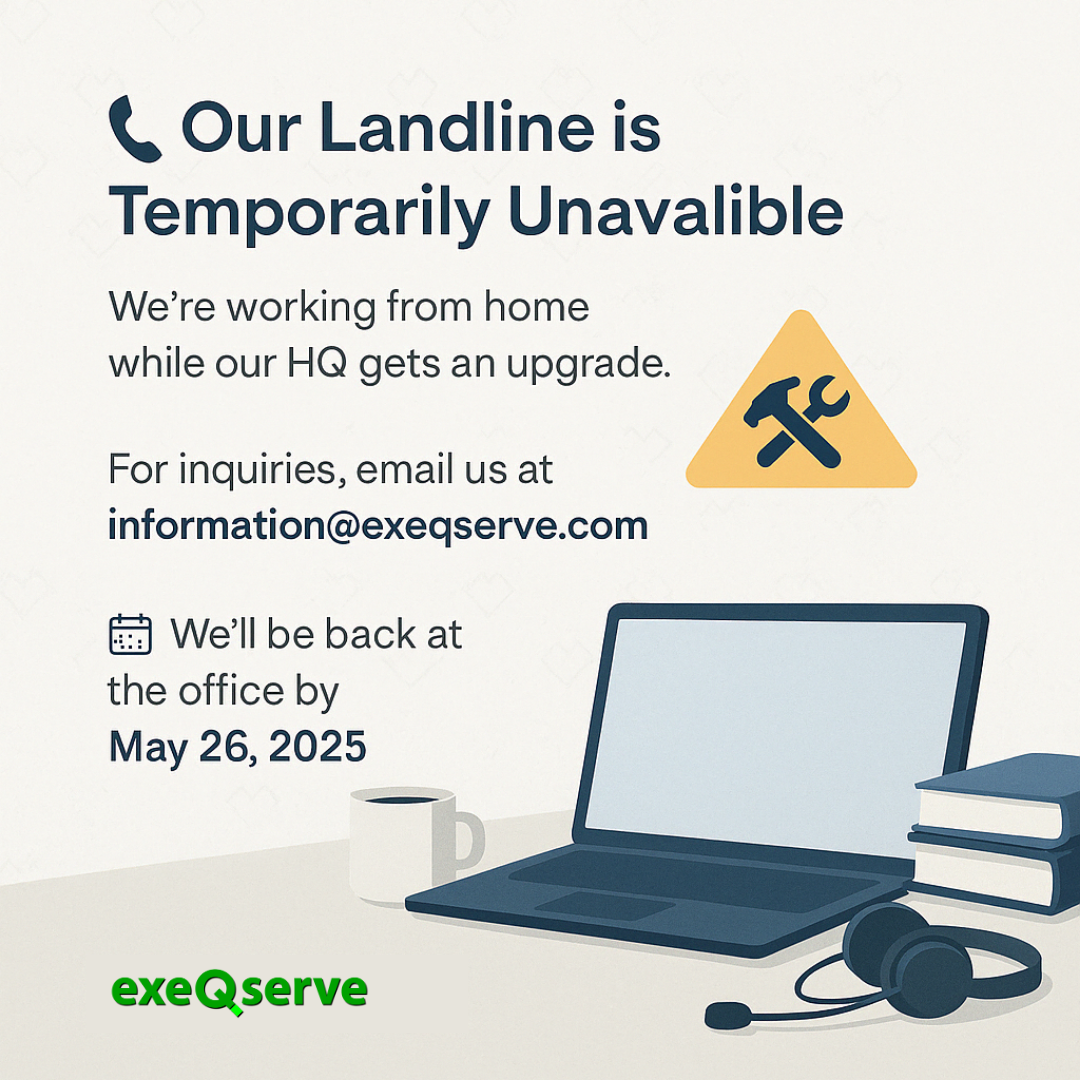Making effective hiring decisions is crucial for any organization’s success. Hiring decision-makers hold the responsibility of selecting the right candidates who will contribute to the company’s growth and productivity. However, in the hiring process, decision-makers often make mistakes that can have significant consequences. Let’s discuss five common mistakes made by hiring decision-makers and provide insights on how to avoid them.

1. Not working closely with recruitment to define hiring expectations:
One of the most critical mistakes decision-makers make is not collaborating closely with the recruitment team to clearly define the competencies and attributes required for the job. By failing to communicate their expectations effectively, decision-makers risk attracting candidates who may not possess the necessary skills or cultural fit. This is quite frequent In the Philippines where recruitment staff would rather fill the gap by Googling additional information or guessing rather than asking more questions to the hiring decision-makers. Working closely with recruiters ensures that the job description accurately reflects the job requirements, leading to a more targeted candidate pool. Having an agreed-upon process for position profiling based on best practices would be a good way to address this issue.
2. Delaying interviews with highly qualified candidates:
Decision-makers sometimes assume that highly qualified candidates will wait indefinitely for an interview. This can be a costly misconception. Top talent is often in high demand, and delaying the interview process can lead to losing exceptional candidates to competitors. Promptly scheduling interviews demonstrates respect for candidates’ time and enthusiasm for the position, increasing the chances of securing top talent.
Learn how to develop a recruitment strategy! Check out ExeQserve’s Competency-based Recruitment Strategy Workshop.

3. Insufficient interview preparation:
Conducting interviews without adequate preparation is a mistake that can lead to hiring the wrong person for the job. Decision-makers should thoroughly review each candidate’s resume, competencies, and attributes before the interview. They should also develop a set of well-structured questions that assess the candidate’s qualifications and suitability for the role. Proper preparation ensures that interviews are productive and yield valuable insights for making informed hiring decisions.

4. Overemphasizing presentation and communication skills:
While effective communication skills are essential, decision-makers sometimes prioritize how well candidates present themselves in the interview over evaluating their actual capabilities. This bias can lead to missing out on highly talented individuals who may struggle in interview settings but possess the necessary skills to excel in the job. Decision-makers should adopt a holistic approach by assessing both the candidate’s interview performance and their qualifications, accomplishments, and potential.

5. Neglecting the importance of training and self-improvement:
The role of hiring decision-makers requires continuous learning and development. Unfortunately, some decision-makers underestimate the significance of their gate-keeping responsibility and fail to invest in their training and development. Acquiring knowledge of effective hiring practices, staying updated on industry trends, and attending relevant workshops or seminars can enhance a decision-maker’s ability to identify and select the right candidates. Investing time and effort in self-improvement can ultimately save the organization from the expensive consequences of a poor hiring decision. Let me highlight the important job of HR, the Recruitment Head, or the L&D team here. Very few companies have a program for equipping hiring decision-makers, and this is a big mistake. You need to have a program for this because, it’s such an important job to just leave it to winging it, and gutfeel.
Design, develop or implement competencies and competency framework systems within your organization. Check out ExeQserve’s Competency-based Learning & Development Workshop.
Avoiding these five common mistakes can significantly improve the hiring decisions made by decision-makers. By collaborating closely with the recruitment team, promptly scheduling interviews, preparing adequately for interviews, evaluating candidates holistically, and investing in self-improvement, decision-makers can enhance the likelihood of hiring the right candidates for their organizations. Making informed and thoughtful hiring choices not only contributes to a company’s success but also saves resources by avoiding the costly repercussions of hiring mistakes. Remember, hiring decisions are investments in the future of the organization, and careful consideration is essential for long-term success.









